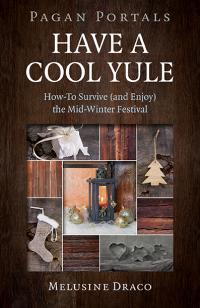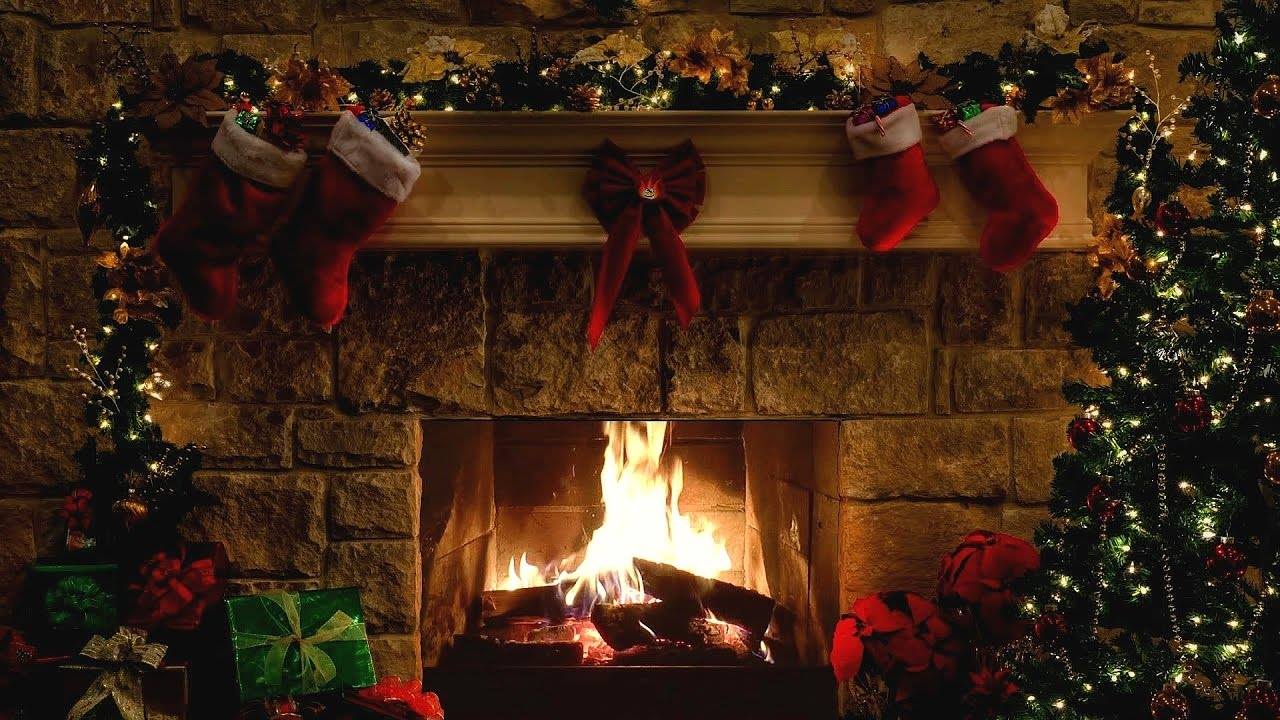
It was during these long dark nights, when it was bitterly cold and the wind howled in the chimney, that the story-teller came into his (or her) own. Few subjects have - from time immemorial, possessed a wider appeal than ghosts and the superstitions associated with them; traditions in this country and others form an extensive collection of folklore literature telling of hauntings and other happenings. In Shakespeare’s day it would seem that the belief in ghosts was especially prevalent, and ghostly tales were told by the firelight in nearly every household. A description of one of these traditional tale-tellings is given in Shakespeare’s The Winter’s Tale.
Each community probably had its own story-teller, and in ancient Celtic society bards held a position of esteem, second only to kings. Nevertheless, traditions of storytelling are found in every culture across the globe – being used to explain natural phenomena, and bards told stories of creation and developed a pantheon of gods and myths. Stories passed from one generation to the next and storytellers were often healers, leaders, spiritual guides, teachers, cultural secret-keepers and entertainers. Oral storytelling came in various forms, enhanced with songs, poetry, chants and dance - and focused on a variety of values. These values included an emphasis on individual responsibility, concern for the environment and communal welfare; the tales passed down by older generations helped to shape the foundation of the community. Storytelling was used as a conduit for knowledge and understanding via the activities of gods and heroes, and the denizens of the animal kingdom.
Story-telling was, and still is, an ancient Art. Bards memorized vast amounts of poetry which they performed live, and their poems, ballads and songs were often the only historical record available. Some may consider them to be clan or tribal historians. Irish bards evolved into storytellers called seanchaí, who wandered from town to town and, in this informal way, an ancient oral literary tradition continued into modern times. Seanchaí were traditional Irish storytellers and the custodians of history for centuries in Ireland, since they could recite ancient lore and tales of wisdom whenever it was needed. Members of the Irish Cultural Revival took a great interest in the art of the seanchaí, and through them the stories were written down, published, and distributed to a global audience. At events such as the mummers’ festival in New Inn, County Galway, and the All-Ireland Fleadh Ceoil, storytellers who preserve the stories and oratory style of the seanchaithe continue to display their art and compete for awards.
In medieval Welsh society, similar tales were recited in prose by professional storytellers – cyfarwyddiaid – who also imparted traditional lore or learning that was necessary for society to function - the term itself being associated with ‘knowledge, guidance and perception’. Although originally these narratives were intended to be informative, they came to be viewed more and more as entertainment. Although these tales were the product of a literary culture, only a few have survived in the form of the Mabinogion. There’s a well-known story about Cadair Idris, a mountain in Snowdonia: if you sleep one night on its summit, it’s said you’ll wake either a bard or a madman.
However, bards – or beirdd as they’re usually called in Welsh – are not just figments of folklore. They are instead representatives of an ancient poetic tradition, and one that survives in Wales to this day. In one sense, all modern Welsh poets are bards: bardd remains the most common word for ‘poet’ in the language. However, there is also a more formal way to become a bard: that is, to be inducted into Gorsedd Beirdd Ynys Prydain [the Gorsedd of the Bards of the Island of Britain], which meets every year at the National Eisteddfod - an institution (and the ceremonies and robes associated with it), that were invented by the fiery, inspired, and occasionally laudanum-addled Iolo Morganwg!
Originally, bards were a specific lower class of poet, contrasting with the higher rank known as fili in Ireland and Highland Scotland. The best-known in Scotland were the members of the MacMhuirich family, who flourished from the 15th to the 18th centuries. The family was centred in the Hebrides, and claimed descent from a 13th-century Irish bard whom, according to legend, was exiled to Scotland. The family was at first chiefly employed by the Lords of the Isles as poets, lawyers, and physicians. With the fall of the Lordship of the Isles in the 15th century, the family was chiefly employed by the chiefs of the MacDonalds of Clanranald; members of the family were also recorded as musicians in the early 16th century, and as clergymen possibly as early as the early 15th century. The last of the family to practise classical Gaelic poetry was Domhnall MacMhuirich, who lived on South Uist in the 18th century. In Gaelic-speaking areas, a village bard or village poet (Scottish Gaelic: bàrd-baile) is a local poet who composes works in a traditional style relating to that community.
The English term is a loan-word from the Celtic languages and all stem from Proto-Celtic bardo - and ultimately from Proto-Indo-European for poet; lit. ‘praise-maker’. In 16th-century Scotland, it was a derogatory term for an itinerant musician - nonetheless it was later romanticised by Sir Walter Scott. In other Indo-European societies, the same function was fulfilled by skalds, rhapsodes, minstrels and scops, among others. Bards (who are not the same as the Irish filidh or fili) were those who sang the songs recalling the tribal warriors’ deeds of bravery as well as the genealogies and family histories of the ruling strata among Celtic societies.
The pre-Christian peoples recorded no written histories; however, Celtic peoples did maintain an intricate oral history committed to memory and transmitted by bards and filid. Bards facilitated the memorisation of such materials by the use of metre, rhyme and other formulaic poetic devices. In medieval British culture, a bard was a professional story-teller, verse-maker, music composer, oral historian and genealogist, employed by a patron (such as a monarch or nobleman) to commemorate one or more of the patron’s ancestors and to praise the patron’s own activities. The ‘Bard of Avon’, the ‘Immortal Bard’ or (in England) simply ‘The Bard’, is William Shakespeare.
Storytelling is the process of using fact and narrative to communicate something to your audience, describing social and/or cultural activity with improvisation, theatrics, or embellishment. Every culture has its own stories or narratives, which are shared as a means of entertainment, education, cultural preservation or instilling moral values - in addition to being part of religious rituals. Some stories are factual, and some are embellished or improvised in order to better explain the core message.
Another Lady of our acquaintance considered storytelling as an important part of her coven’s activities and organized several events during the year to keep up the tradition. At the majority of pagan camps entertainments throughout the day were usually a mixture of traditional artistic performances, such as storytelling, poetry readings, harp playing, and traditional folk-music. And again, we feel it essential to preserve these elements of time-honoured entertainment if only to re-energize them for the next generation of witches. Having said that, there is nothing worse than sitting through an interminably bad performance as illustrated so succinctly in the Coarse Witchcraft Trilogy:
‘… The folk band had everyone’s feet tapping but unfortunately the quality of entertainment wasn’t to last. ‘The trouble is,’ said one of the organizers glumly, ‘people volunteer their services and you don’t like to refuse. They like their moment in the spot-light.’ She was referring to the rather appalling story-teller who’d been monopolizing the fireside for the past three quarters of an hour and he wasn’t the only one who’d lost the plot. A verbal punch-up had started when someone had told him to belt up; a middle-aged woman had remonstrated over the lack of manners and the story-teller was drowned out by the shouting.
‘Well, he’s had nearly an hour,’ replied Adam, ‘and no one’s got a clue what he’s on about.’
‘He said he was a professional story-teller,’ said the girl miserably …’
Unless you know your ‘performer’ is good at what they do, don’t feel the need to subject your guests to anything that goes on for too long … and becomes boring or annoying, thereby ruining everyone’s evening and putting off new members for life. If you’re the Dame or Magister – pull rank, is what we say! Most of us know a member of the local AmDram fraternity and better solicit their services for a near-professional rendering rather than a recital by the coven’s awful, resident schmaltzy poet with her ‘Little Gems of Spiritual Uplift’!
Julie Dexter and James Rigel

 RSS Feed
RSS Feed